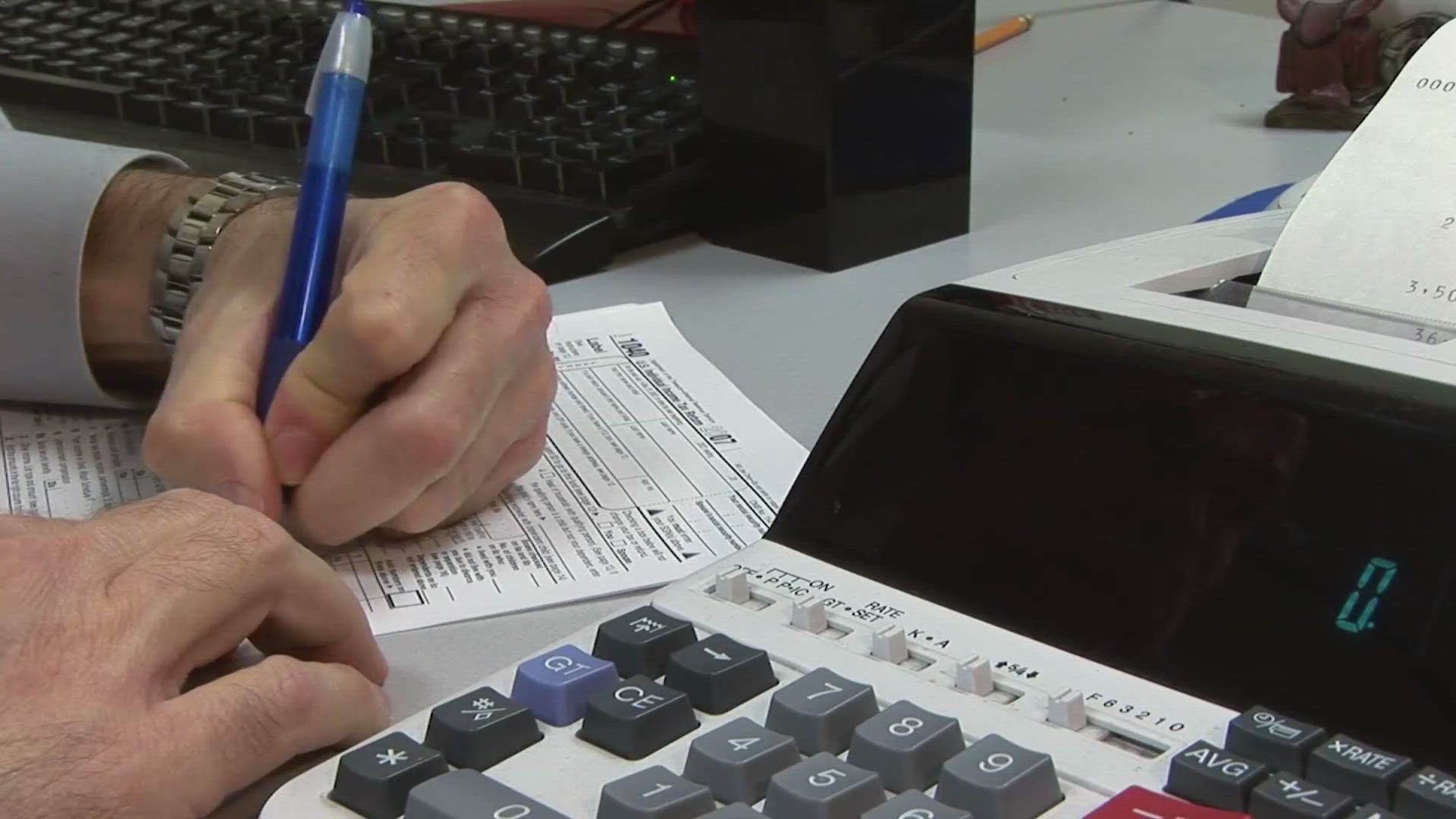SACRAMENTO, Calif. — The Los Angeles Dodgers historic $700 million contract with Shohei Ohtani could spell trouble for California's tax structure, California State Controller Malia M. Cohen said Monday.
With about $680 million of the money potentially being paid out of state through a deferral, Cohen called on the U.S. Congress to put caps on deferrals for the wealthiest people.
If Ohtani is not living in California at the time he receives the deferred money, he potentially could avoid what currently is the state’s 13.3% income tax and 1.1% payroll tax for State Disability Insurance.
“Introducing limits on deductions and exemptions for high-income earners promotes social responsibility and contributes to a tax system that is just and beneficial for all," Cohen said. "This action would not only create a more equitable tax system, but also generate additional revenue that can be directed towards addressing pressing important social issues and fostering economic stability.”
RELATED: Ohtani's Dodgers contract has $680 million deferred, lowering tax value to $46 million annually
Cost to California
UC Davis School of Law professor Dennis J. Ventry said based on the recent top statutory personal income tax rate of 14.4% on income above $1 million, California could potentially lose out on $95 million over 10 years.
"This is a relatively unknown area of non-taxable deferred income," Ventry told ABC10. "California has all kinds of folks, whether it's tech or entertainment, who would like to take advantage of a contract like this."
Ventry also said Cohen called on Congress for action because there may not be much the State Controller's Office can do to change tax policy.
"Congress didn't intend for Shohei Ohtani to to undermine California's ability to tax income earned in the state," he said. "It's crazy to think this actually qualified as retirement income under a statutorily defined deferred compensation plan that could go tax-free at the state level."























